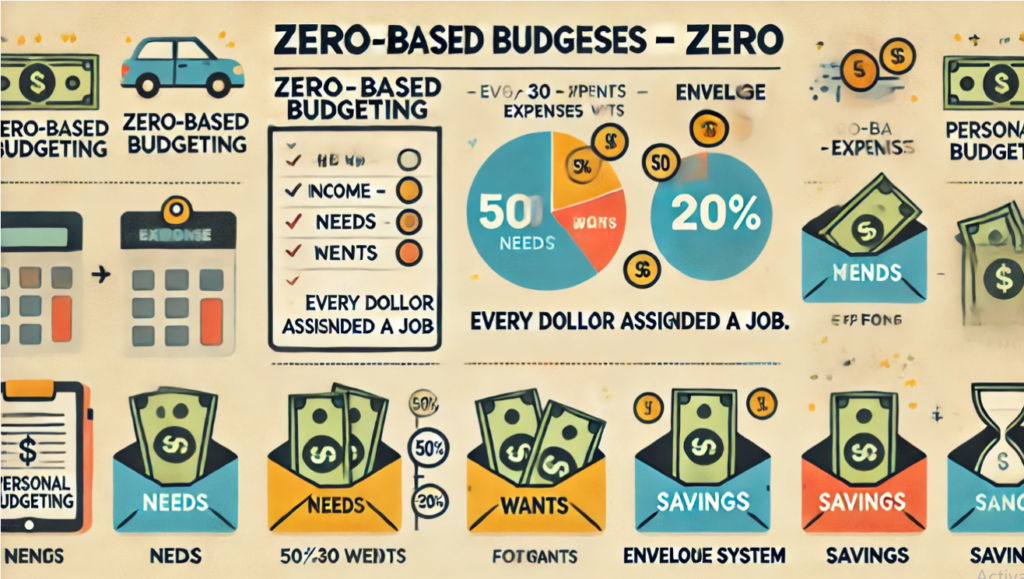
Financial planning is an essential aspect of ensuring a secure and stable financial future. It involves setting specific goals, assessing your current financial situation, and creating a plan to achieve those goals. Without proper financial planning, individuals may find themselves struggling to meet their financial obligations or facing unexpected financial hardships. One valuable tool in the financial planning process is a financial planning worksheet. This worksheet serves as a guide to help individuals gain clarity about their current financial situation, organize their finances, and set realistic and achievable financial goals. By using a financial planning worksheet, individuals can track their income, expenses, assets, and liabilities to gain a clear understanding of their overall financial health.
Understanding Financial Planning
What is Financial Planning?

Financial planning is the process of setting and achieving financial goals through the careful management of one’s finances. This includes creating a budget to track income and expenses, saving money for future needs or emergencies, investing in opportunities to grow wealth, and effectively managing and reducing debt. These key components work together to help individuals and families achieve their financial objectives and secure their financial future.
The Importance of Financial Planning
Financial planning is incredibly important for a number of reasons. Firstly, it provides a sense of financial security, knowing that you have a plan in place for your future. This can alleviate stress and anxiety about money, and provide peace of mind. Additionally, financial planning helps you to set and achieve your financial goals, whether that’s buying a home, saving for retirement, or starting a business. By creating a plan and sticking to it, you can ensure that you are on track to meet your financial objectives. Overall, financial planning is crucial for ensuring a stable and secure financial future.
Common Financial Pitfalls

One common financial pitfall is overspending. Without a budget or financial plan, it’s easy to fall into the trap of spending more than you earn, which can lead to debt and financial strain. Another common mistake is not saving for retirement. Many people underestimate the importance of saving for the future and end up not having enough funds to support themselves in their later years. It’s crucial to have a solid financial plan in place to avoid these pitfalls and secure your financial future.
Creating a Financial Planning Worksheet
The financial planning worksheet is a tool that can help individuals or families take control of their finances and plan for the future. It is divided into key sections that guide the user through the process of assessing their current financial situation, setting financial goals, analyzing cash flow and budgeting, reviewing debt, and building an emergency fund. In the first section, users will assess their current financial situation by documenting their income, expenses, assets, and liabilities. This step provides a clear picture of their financial health and helps identify areas for improvement. The next step involves setting financial goals, both short-term and long-term. This could include saving for a home, retirement, or education. By clearly defining their goals, users can create a roadmap for achieving them.
Managing Debt and Building Credit

Debt plays a significant role in financial planning, and understanding the difference between good and bad debt is essential. Good debt typically refers to investments that have the potential to increase in value over time, such as a mortgage or student loans. On the other hand, bad debt includes high-interest consumer debt, like credit card balances or payday loans, that can quickly spiral out of control. The impact of interest rates on debt cannot be overstated. High-interest debt can quickly accumulate, making it crucial to prioritize paying off high-interest debt first. This can save you money in the long run and help you regain control of your finances. When it comes to paying off debt, there are two primary strategies to consider: the debt snowball and debt avalanche methods.
Saving and Investing for the Future
The Importance of Saving

Saving money is incredibly important for a variety of reasons. One of the most crucial types of savings is an emergency fund. This fund is set aside to cover unexpected expenses, such as medical bills, car repairs, or job loss. Without an emergency fund, individuals may find themselves in financial turmoil when unexpected expenses arise. Another crucial type of savings is retirement savings. It’s important to start saving for retirement as early as possible to ensure financial security in the future. This can be done through employer-sponsored retirement plans, like 401(k)s, or individual retirement accounts (IRAs). Other types of savings include short-term savings for things like vacations or major purchases, as well as long-term savings for goals like buying a home or starting a business.
Retirement Planning

Retirement planning is crucial for securing your financial future. Starting early allows you to take advantage of compounding interest, which can greatly increase your savings over time. Contributing to retirement accounts such as a 401(k) or IRA can provide tax advantages and help you build a substantial nest egg. Understanding compound interest is key in maximizing the growth of your retirement funds. The earlier you start and the more you contribute, the better off you’ll be in your retirement years.
Investment Strategies

When it comes to investing, there are a few basic options to consider: stocks, bonds, and mutual funds. Stocks represent ownership in a company and have the potential for high returns but also come with a higher level of risk. Bonds, on the other hand, are debt securities issued by governments or corporations and offer a more predictable income stream but with lower potential returns. Mutual funds are professionally managed investment portfolios that pool money from multiple investors to invest in a diversified range of stocks, bonds, or other securities. When choosing an investment strategy, it’s important to consider your financial goals and risk tolerance. If you’re looking for long-term growth and are comfortable with some fluctuation in your portfolio, a stock-heavy strategy may be appropriate.
Asset Allocation

Asset allocation is a key strategy in investing that involves spreading your investments across different asset classes, such as stocks, bonds, and cash equivalents. By diversifying your investments, you can reduce the overall risk in your portfolio. This is because different asset classes tend to perform differently under various market conditions. For example, when stocks are performing poorly, bonds may be doing well, and vice versa. By spreading your investments across different asset classes, you can help protect your portfolio from significant losses during market downturns. It’s important to carefully consider your risk tolerance, investment goals, and time horizon when determining the appropriate asset allocation for your portfolio.
Reviewing and Adjusting Your Financial Plan
Regular Check-ins

It’s important to regularly check in on your financial plans to make sure they’re still in line with any changes in your life. This could include things like getting a new job or starting a family. By reviewing your financial plans quarterly or annually, you can make sure they’re still helping you reach your goals.
Adjusting for Life Changes
When major life events occur, it’s important to modify your financial plan to accommodate the changes. Firstly, when getting married, it’s crucial to discuss and align financial goals with your partner. This may involve combining finances, adjusting budgets, and planning for joint expenses. When having children, it’s essential to reevaluate your budget to account for additional expenses such as childcare, education, and healthcare. It’s also important to consider setting up a college fund for your children’s future education expenses. When buying a house, it’s important to account for the upfront costs such as a down payment, closing costs, and moving expenses. Additionally, owning a home may also come with increased monthly expenses such as mortgage payments, property taxes, and home maintenance costs.
Tracking Progress
To track the progress of your financial goals, it’s important to regularly review your budget, savings, and investment accounts. You can use tools like spreadsheets or financial management apps to keep track of your income and expenses. Additionally, monitoring your debt and credit score can help you assess your financial health. If you find that you’re not meeting your goals, you may need to adjust your plan by cutting expenses, increasing savings, or reevaluating your investment strategy. It’s important to regularly reassess and adjust your financial plan to ensure you’re on track to meet your goals.

In conclusion, having a comprehensive financial plan offers numerous benefits that can greatly impact your future financial stability. Firstly, it provides a clear roadmap for achieving your financial goals, whether it’s saving for retirement, buying a home, or starting a business. A financial plan also helps you make informed decisions about your money, reducing the stress and uncertainty often associated with financial matters. Additionally, it empowers you to take control of your finances and make proactive choices that align with your long-term objectives. By taking the time to create a financial plan, you can gain peace of mind knowing that you have a strategy in place to handle any unexpected financial challenges that may arise.













